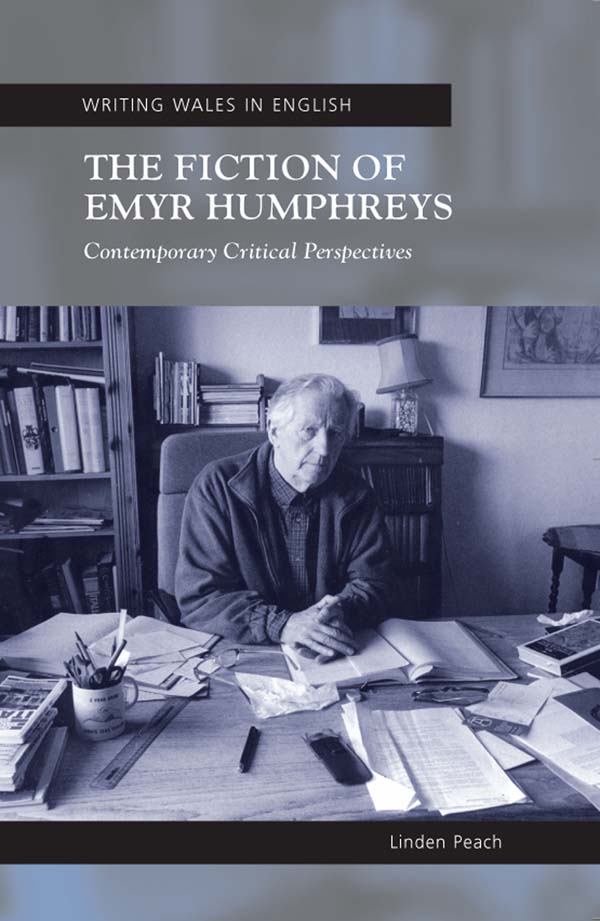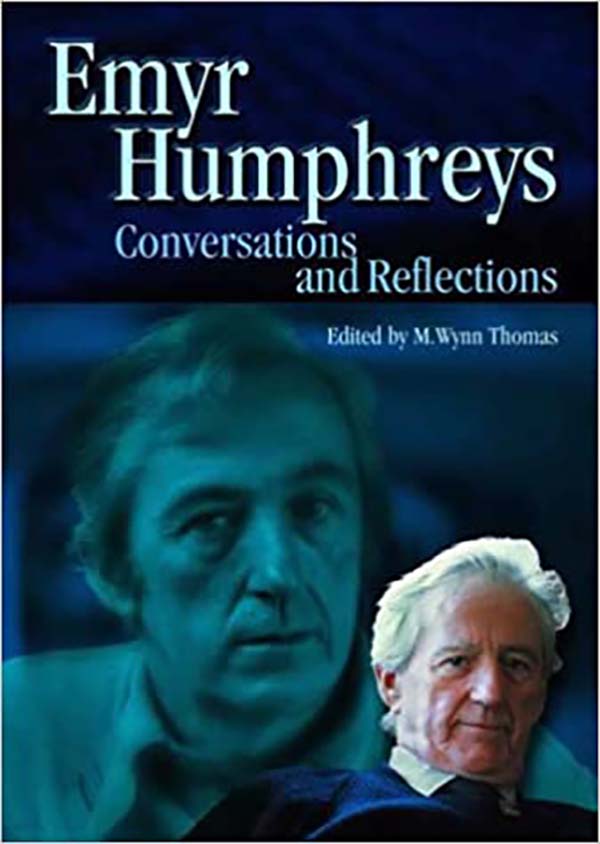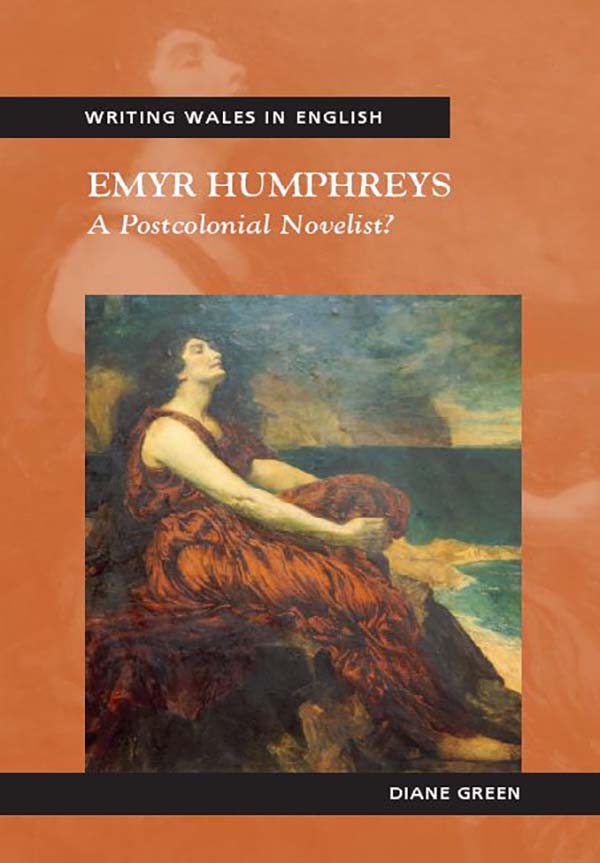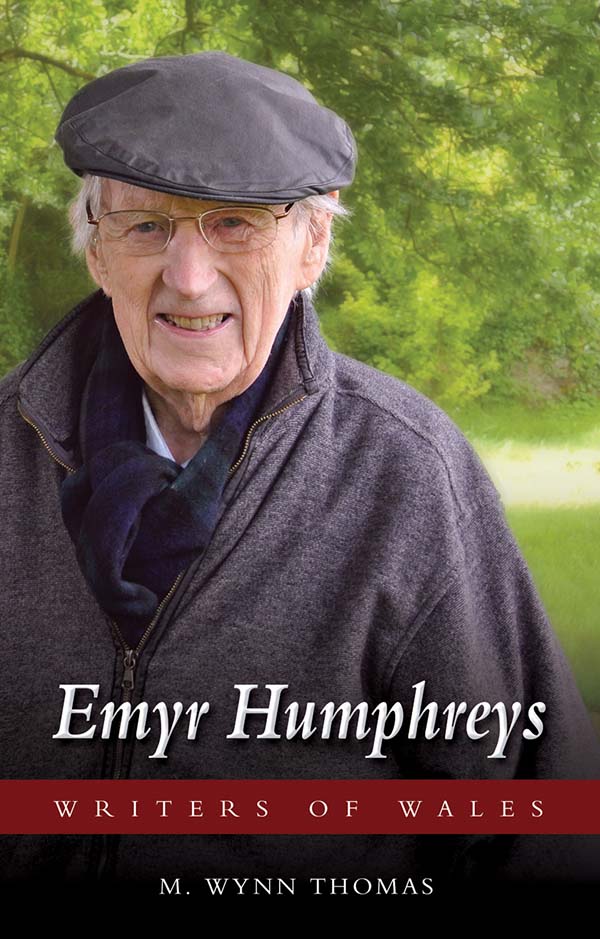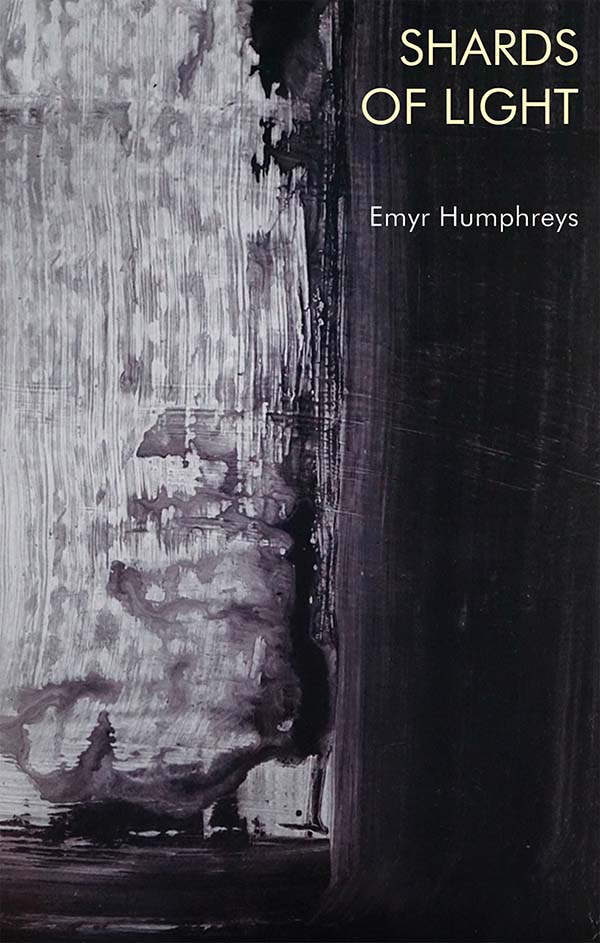The Fiction of Emyr Humphreys
Contemporary Critical Perspectives
Author(s) Linden Peach
Language: English
Genre(s): Welsh Interest
- January 2011 · 156 pages ·216x138mm
- · Paperback - 9780708322161
- · eBook - pdf - 9780708324042
- · eBook - epub - 9781783164417
An introduction to the work of one of Wales's leading writers, highlighting his importance to contemporary critical and cultural agendas such as issues of identity, nation, environment and religious conflict.
"Linden Peach has achieved a rare thing: an engrossing, accessible book that will be relished by students and academics alike. Emyr Humphreys's pre-eminence as a writer of fiction in Wales over the last sixty years is undisputed. Peach conveys the sheer vibrancy of Humphreys's 'dissident prose' with infectious enthusiasm, while at the same time providing a masterclass in reading his novels with reference to contemporary literary theories."--Kristi Bohata, Swansea University
Part One: Frames and Contexts 1. Humphrey's Life and Works 2. What Kind of Fiction? 3. History, Space and Progress 4. Bodies in Time: Psychoanalytic Contours 5. Women, Feminism and Post-feminism Part Two: Readings 6. Resistance, Gender and Performative Identity: A Man's Estate 7. Contested Masculinities: A Toy Epic 8. Time and Being: Outside the House of Baal 9. Land of the Living and Epic Theatre 10. Warring Families: Unconditional Surrender and The Gift of a Daughter 11. Strangers in a Strange Land: Natives, Ghosts and Strangers and Old People are a Problem 12. Intimate Strangers: The Shop 13. Independence, Globalism and Nonconformity: The Woman at the Window 14. Afterword


